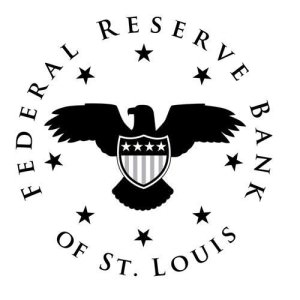
A January 2014 working paper from the Federal Reserve Bank of St. Louis, titled, “Labor Market Upheaval, Default Regulations, and Consumer Debt,” find that
the 2005 bankruptcy reform likely prevented a substantial increase in bankruptcy filings, but had only limited effect on the observed path of delinquencies. Thus, the reform appears to have ‘worked.’
Click here for the entire study in PDF format.
I don’t often comment on a change in the law that was signed into law nearly 9 years ago, but I can’t help but wonder how the lack of an uptick in bankruptcy filings during the worst financial downturn since the Great Depression is something to be lauded.
People lost their jobs in record numbers, foreclosures washed over the nation at a rate that left entire towns empty and a generation scarred.
And lots of people filed for bankruptcy. Good, smart people who just got kicked in the groin by circumstances beyond their control.
People like you and me, our neighbors and friends.
The Safety Valve Was Shut Off
In spite of the increase in bankruptcy filings, the study says that it could have been a lot worse. And because it wasn’t, the study claims victory.
The study, however, misses the point – something the economists seem to recognize when they indicate that delinquencies were still extraordinarily high during the period in question. It’s as if nobody bothered to consider the effects of millions of people walking around with delinquent debt on their credit reports.
These people can’t go out and buy a new home, or a car, or even get a decent credit card. They aren’t able to buy big-ticket items like refrigerators and furniture because they’re wallowing in unpaid bills.
Some of these folks have been sued, and are contending with wage garnishments and bank account freezes. Others haven’t been sued, but will be paying debt collectors $10 each month until long after they die. Their credit is shot, with no hope of improving until the debts are all paid off.
It Could Have Been Different
Let’s contrast this with the situation if these folks had filed for bankruptcy.
With their debts gone, these people would have been free to begin saving money again.
At the same time, their credit score would have begun to rise as the old debts began to fade into the past.
People would have been better able to pay their student loans and tax debts that didn’t get wiped out in bankruptcy.
Buying a car or home furnishings wouldn’t be out of the question anymore.
In short order, more people would have re-entered the wheel of commerce. Money would have changed hands, exchanged for goods and services.
The Government Laughed as You Cried
You know the government bailed out the banks rather than help you out. But this study shows clearly how you were kicked when you were already down for the count.
The Democrats called the Republicans evil as they pushed through the bankruptcy reforms of 2005. Then the Democrats gleefully reaped the benefits of the Republican efforts.
As Bob Dylan asked, “how does it feel?”
Remember this the next time the vote comes around.